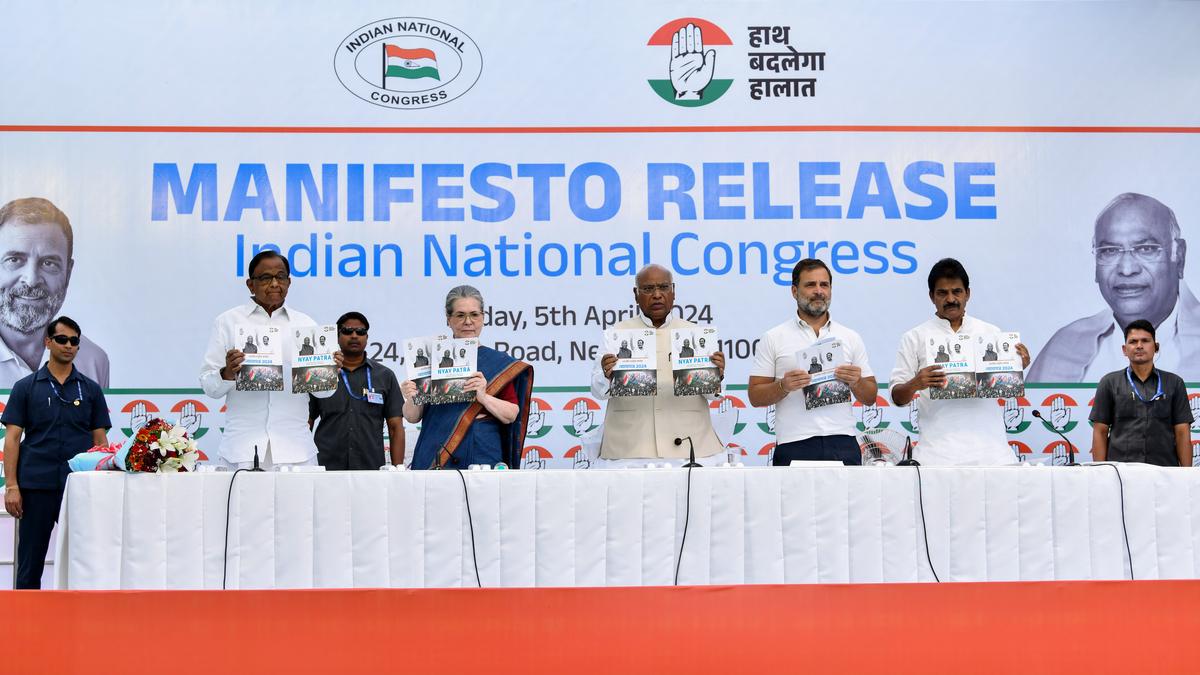
The climate change hasn't been given adequate attention in the electoral rhetoric of India's major political parties during the recent general election. Given the gravity of the issue and its profound impact on the environment, economy, and society, it's crucial for political leaders to address it head-on.

Climate change isn't just an environmental issue; it's intricately linked to various aspects of national development and security. Ignoring it in political discourse can undermine efforts toward sustainable development and hinder India's ability to mitigate and adapt to the effects of climate change.
Politicians often tread carefully, balancing environmental concerns with economic stability and the interests of influential constituencies. This delicate balance sometimes leads to climate change taking a backseat in political discourse, treated more as a passing cloud than a pressing issue.
However, the narrative is evolving. There's increasing awareness among politicians and the public about the urgency of climate action. Sustainable development goals are gaining traction, and initiatives like the paris Agreement demonstrate India's commitment to addressing climate change on a global scale.
To overcome the challenges of integrating climate action into political agendas, a nuanced approach is necessary. This involves engaging with all stakeholders, including industry leaders, to find mutually beneficial solutions. Investing in renewable energy, promoting green technologies, and implementing policies that incentivize sustainable practices can help transition towards a low-carbon economy without causing major disruptions.
Moreover, highlighting the long-term benefits of climate action, such as improved public health, energy security, and job creation in emerging green sectors, can garner broader support. By framing climate action as essential for India's future prosperity and resilience, politicians can overcome the perception that it's merely a passing cloud in indian politics.




 click and follow Indiaherald WhatsApp channel
click and follow Indiaherald WhatsApp channel